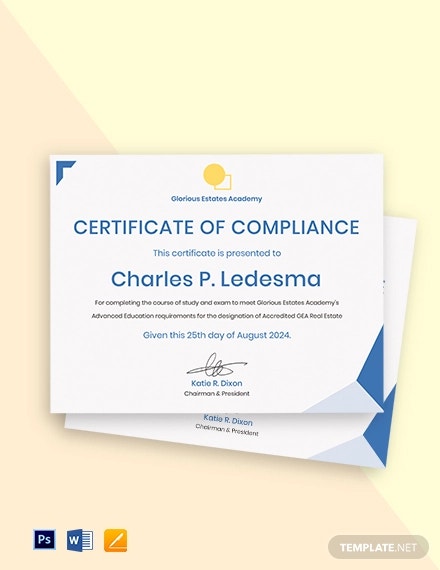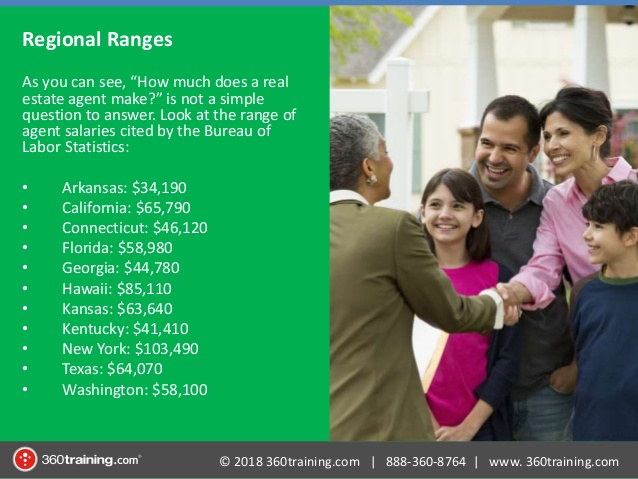
A career in real estate is a rewarding and satisfying option. It is crucial to find the right career path for you and your career goals. To be successful in real estate, you must first get your license. Then, learn about the industry and gain experience.
You need to be honest with yourself and determine why you want to pursue a career in real estate, as well as how it will impact your lifestyle, goals, and professional development. After you have the answers, you can move on to finding the right real estate career path for you.
Start by creating a plan. Focus on creating a daily plan that meets your lifestyle goals.
This could include deciding where and when you'll work, how many hours you can work, and how to manage your workload. This can prevent burnout and help you get more out of your job.

The development of a network is also important. This will help build trust with clients, buyers, vendors, and other professionals. It also will help you learn how to negotiate and communicate effectively.
Real estate leasing agent careers are a good choice for those who have great people skills and love helping others. Property owners hire leasing agents to find the right tenant for their property.
You need to be familiar with the local market and have a strong understanding of how to market properties. This may mean using social media, putting together brochures, or arranging open houses.
Agents can sell residential and commercial property. They can help their clients price homes, prepare marketing material, and negotiate for buyers. They can also serve as mediators during the entire buyer-seller negotiations process.
A real estate broker handles the negotiations, paperwork, and keeps track of the commissions and income earned for their company. They can work for a brokerage or start their own company.

Many real estate agents start their careers as agents. They then work towards getting their broker's licence. Once they have established a strong foothold within the industry, it can lead to promotions as well as a higher income.
Although this can be a rewarding and challenging career, it is also full of responsibilities and hard work. It's tempting to rush to get the job done without a clear plan and realistic expectations. However, it is important to make the right decision.
First, remember that real estate can be a commission-based job. This means that your compensation is only contingent on the closing of a transaction. Sometimes, this can make it seem like a struggle.
You can earn a high salary in real estate, but it is an industry that requires hard work and dedication. It also has no guarantees, and it can be a difficult job to get started in, especially if you don't have the cash or time to pay for licensing fees and startup costs.
FAQ
How many times do I have to refinance my loan?
This will depend on whether you are refinancing through another lender or a mortgage broker. Refinances are usually allowed once every five years in both cases.
Do I need to rent or buy a condo?
If you plan to stay in your condo for only a short period of time, renting might be a good option. Renting can help you avoid monthly maintenance fees. However, purchasing a condo grants you ownership rights to the unit. You are free to make use of the space as you wish.
What's the time frame to get a loan approved?
It depends on several factors such as credit score, income level, type of loan, etc. It typically takes 30 days for a mortgage to be approved.
What should I do before I purchase a house in my area?
It depends on how long you plan to live there. You should start saving now if you plan to stay at least five years. You don't have too much to worry about if you plan on moving in the next two years.
Statistics
- Based on your credit scores and other financial details, your lender offers you a 3.5% interest rate on loan. (investopedia.com)
- Some experts hypothesize that rates will hit five percent by the second half of 2018, but there has been no official confirmation one way or the other. (fortunebuilders.com)
- This seems to be a more popular trend as the U.S. Census Bureau reports the homeownership rate was around 65% last year. (fortunebuilders.com)
- This means that all of your housing-related expenses each month do not exceed 43% of your monthly income. (fortunebuilders.com)
- The FHA sets its desirable debt-to-income ratio at 43%. (fortunebuilders.com)
External Links
How To
How to Manage a Rent Property
While renting your home can make you extra money, there are many things that you should think about before making the decision. These tips will help you manage your rental property and show you the things to consider before renting your home.
If you're considering renting out your home, here's everything you need to know to start.
-
What is the first thing I should do? Take a look at your financial situation before you decide whether you want to rent your house. If you have outstanding debts like credit card bills or mortgage payment, you may find it difficult to pay someone else to stay in your home while that you're gone. You should also check your budget - if you don't have enough money to cover your monthly expenses (rent, utilities, insurance, etc. ), it might not be worth it.
-
How much does it cost to rent my home? Many factors go into calculating the amount you could charge for letting your home. These include factors such as location, size, condition, and season. Remember that prices can vary depending on where your live so you shouldn't expect to receive the same rate anywhere. Rightmove estimates that the market average for renting a 1-bedroom flat in London costs around PS1,400 per monthly. If you were to rent your entire house, this would mean that you would earn approximately PS2,800 per year. This is a good amount, but you might make significantly less if you let only a portion of your home.
-
Is it worth the risk? It's always risky to try something new. But if it gives you extra income, why not? Before you sign anything, though, make sure you understand exactly what you're getting yourself into. Your home will be your own private sanctuary. However, renting your home means you won't have to spend as much time with your family. These are important issues to consider before you sign up.
-
Is there any benefit? There are benefits to renting your home. You have many options to rent your house: you can pay off debt, invest in vacations, save for rainy days, or simply relax from the hustle and bustle of your daily life. Whatever you choose, it's likely to be better than working every day. Renting could be a full-time career if you plan properly.
-
How do I find tenants? Once you've decided that you want to rent out, you'll need to advertise your property properly. Online listing sites such as Rightmove, Zoopla, and Zoopla are good options. Once you receive contact from potential tenants, it's time to set up an interview. This will help you assess their suitability and ensure they're financially stable enough to move into your home.
-
How can I make sure that I'm protected? If you're worried about leaving your home empty, you'll need to ensure you're fully protected against damage, theft, or fire. In order to protect your home, you will need to either insure it through your landlord or directly with an insured. Your landlord will often require you to add them to your policy as an additional insured. This means that they'll pay for damages to your property while you're not there. If your landlord is not registered with UK insurers, or you are living abroad, this policy doesn't apply. In these cases, you'll need an international insurer to register.
-
You might feel like you can't afford to spend all day looking for tenants, especially if you work outside the home. But it's crucial that you put your best foot forward when advertising your property. Post ads online and create a professional-looking site. A complete application form will be required and references must be provided. While some prefer to do all the work themselves, others hire professionals who can handle most of it. It doesn't matter what you do, you will need to be ready for questions during interviews.
-
What happens after I find my tenant?After you've found a suitable tenant, you'll need to agree on terms. If you have a current lease in place you'll need inform your tenant about changes, such moving dates. You may also negotiate terms such as length of stay and deposit. Keep in mind that you will still be responsible for paying utilities and other costs once your tenancy ends.
-
How do I collect my rent? When the time comes to collect the rent, you'll need to check whether your tenant has paid up. If your tenant has not paid, you will need to remind them. Any outstanding rents can be deducted from future rents, before you send them a final bill. You can always call the police to help you locate your tenant if you have difficulty getting in touch with them. They will not usually evict someone unless they have a breached the contract. But, they can issue a warrant if necessary.
-
How can I avoid problems? While renting out your home can be lucrative, it's important to keep yourself safe. Ensure you install smoke alarms and carbon monoxide detectors and consider installing security cameras. Also, make sure you check with your neighbors to see if they allow you to leave your home unlocked at night. You also need adequate insurance. Finally, you should never let strangers into your house, even if they say they're moving in next door.